The Dota 2 community is buzzing once again as a new controversy surfaces involving two of the game’s most well-known professional players — Vladimir “No[o]ne” Minenko and Michał “Nisha” Jankowski. Reports from within the scene suggest that both players have been frequently playing on alternate, unverified accounts — commonly referred to as “smurfs” — while queueing up with friends.
According to sources close to the competitive community, No[o]ne and Nisha have been spotted in high MMR public matches under disguised usernames, dodging the spotlight while enjoying unranked or casual ranked games with familiar teammates. These smurf accounts, often unidentifiable without in-depth replay analysis or friend list tracking, have stirred debate among fans and fellow players alike.
Why Is Smurfing Controversial?
In Dota 2, smurfing is a sensitive subject. While many pros use alternate accounts for practice or low-pressure games, the issue becomes controversial when high-skill players intentionally play in lower brackets or avoid recognition — potentially skewing matchmaking and creating unfair experiences for other players.
The involvement of tier-one names like No[o]ne and Nisha amplifies the discussion. Both are respected for their high-skill gameplay and longstanding careers, with Nisha notably making waves on powerhouse rosters and No[o]ne recognized as a midlane veteran with sharp mechanical prowess.
What the Community is Saying
Reactions to the smurfing reports have been mixed. Some fans argue that professionals deserve a private, stress-free space to enjoy the game without being stream-sniped or flamed. Others, however, point out that smurfing — especially when done with friends to stomp lower-skilled opponents — undermines the integrity of matchmaking.
“This is what makes ranked unplayable sometimes,” one top 500 player commented anonymously. “When five unidentifiable pros just steamroll pubs, it ruins the experience.”
Valve’s Position on Smurfing
Valve has made efforts in recent years to reduce the prevalence of smurf accounts, introducing stricter account calibration and improved smurf detection algorithms. However, enforcement remains inconsistent, and many high-profile players continue to find ways to mask their identities during casual games.
What’s Next?
Whether this behavior will result in any formal action is unclear, but it once again puts a spotlight on the blurred lines between professional privacy and public accountability in esports. As fans debate ethics and fairness, one thing remains certain: when names like No[o]ne and Nisha are involved, even casual games quickly become serious news.
For now, both players remain silent, letting their in-game performances — whether on main or alt accounts — speak for themselves.

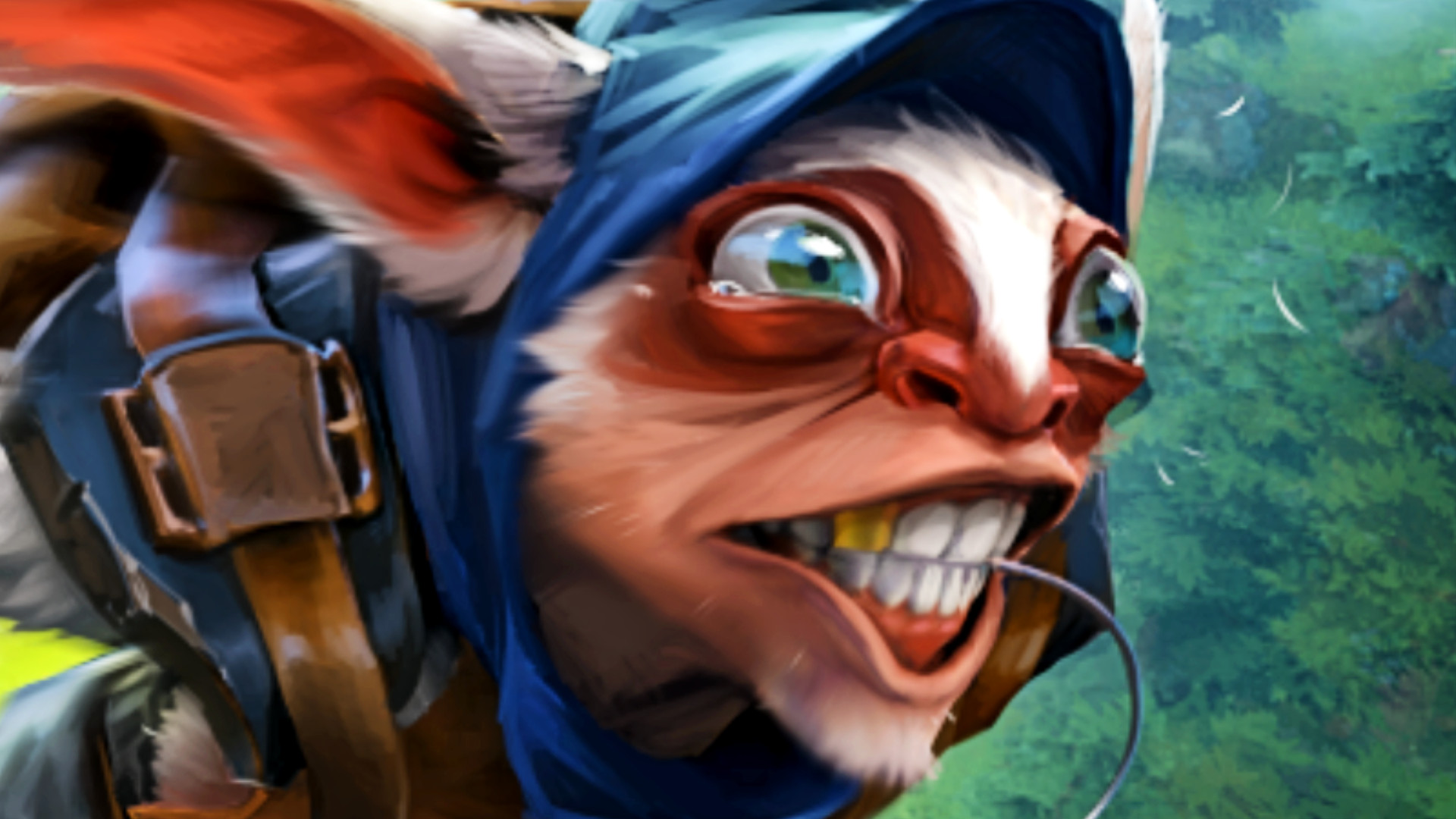
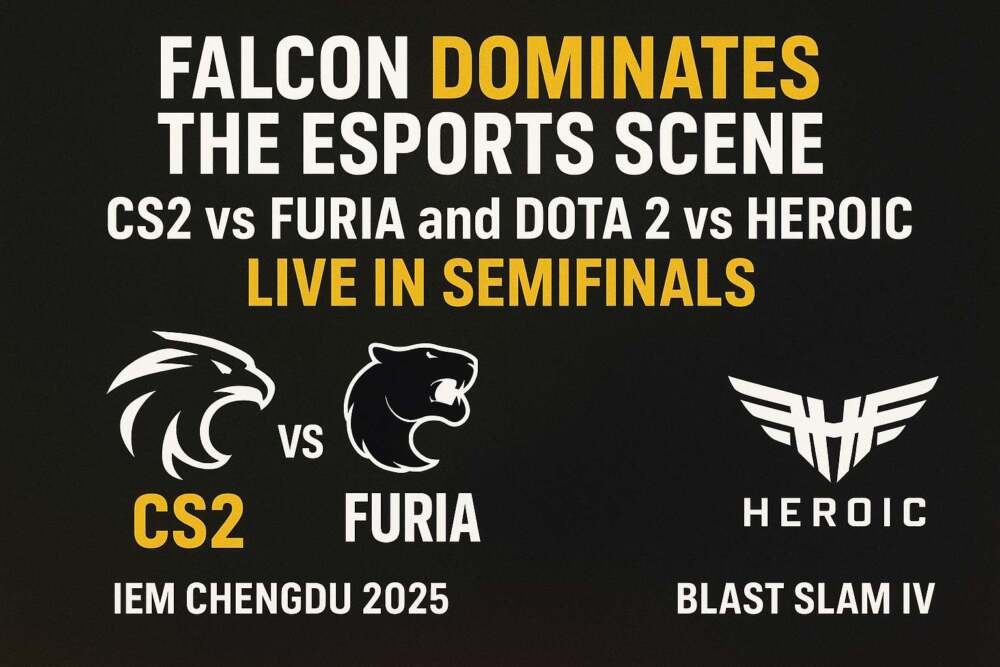
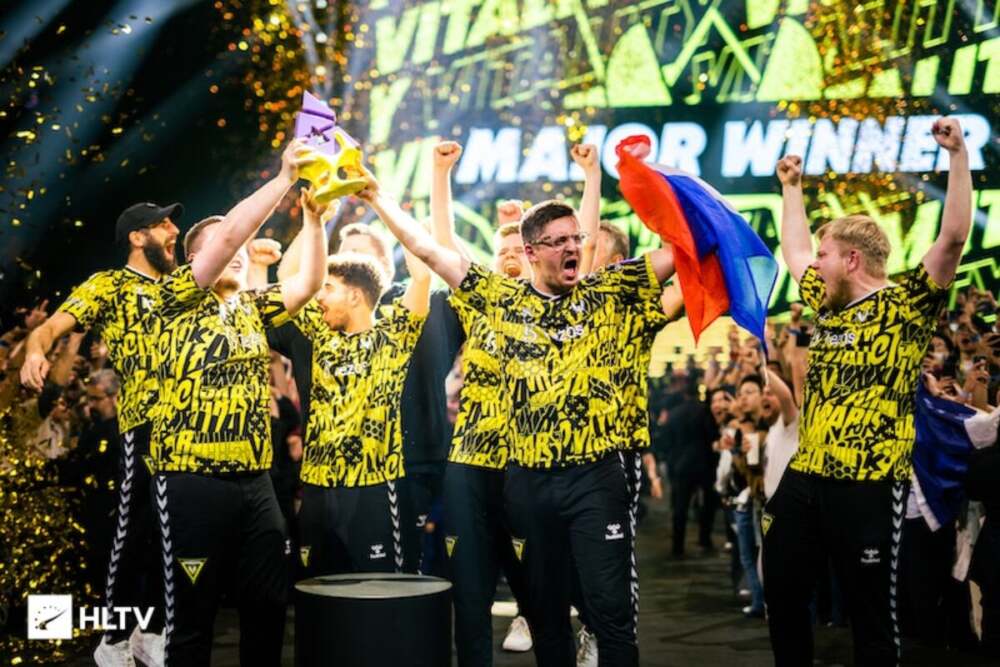
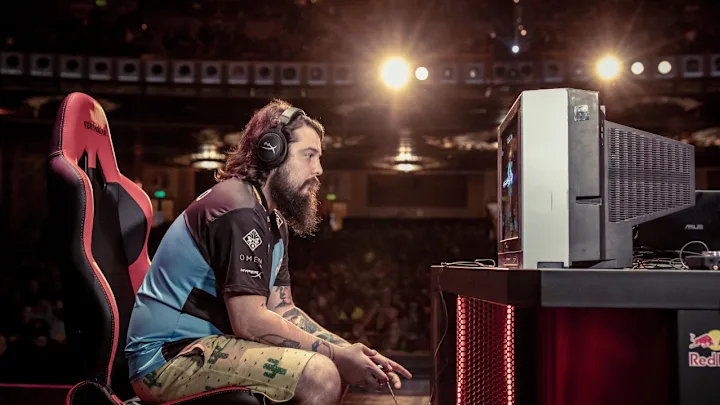
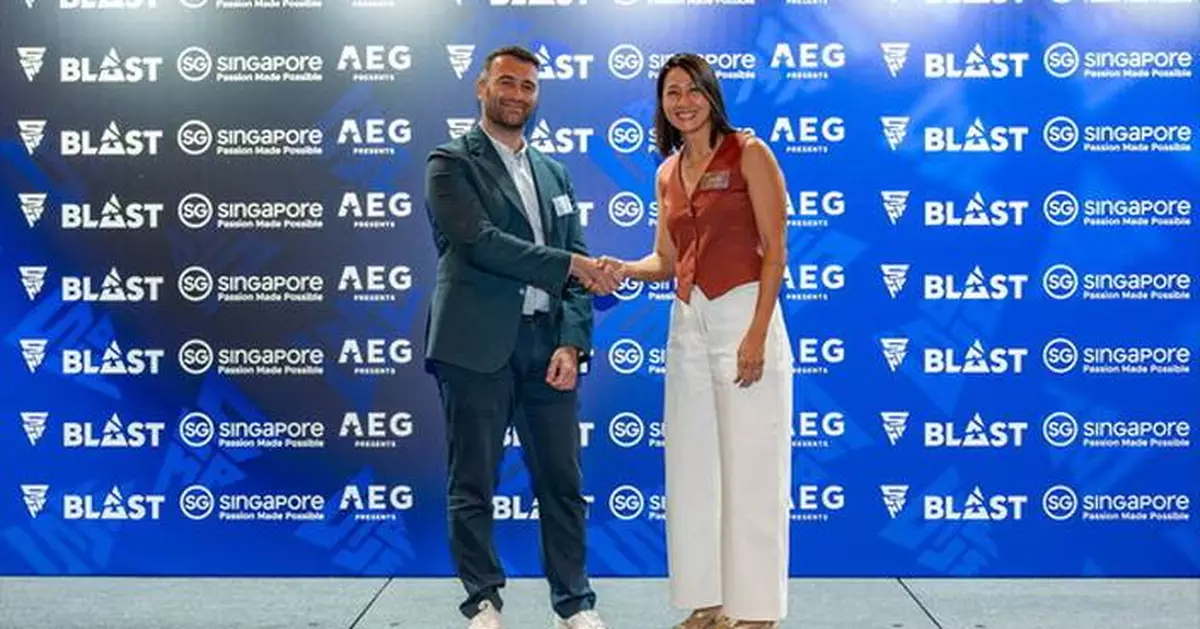

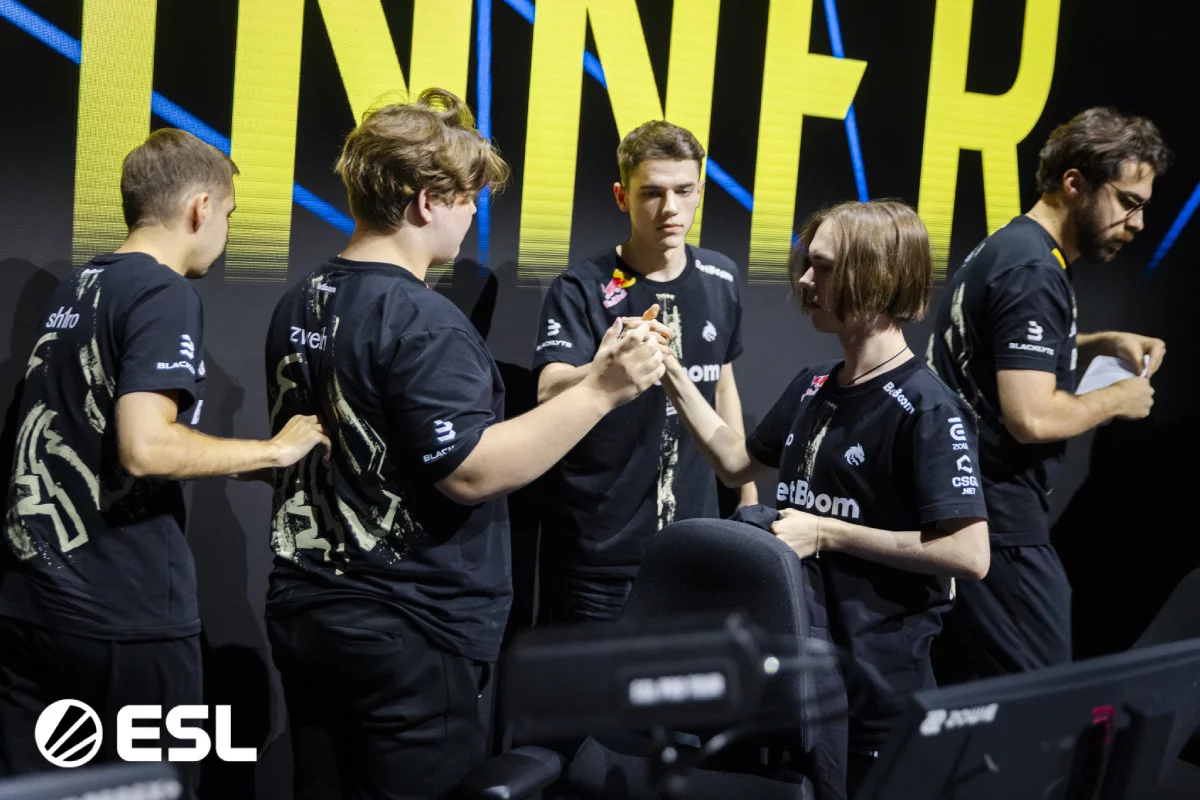
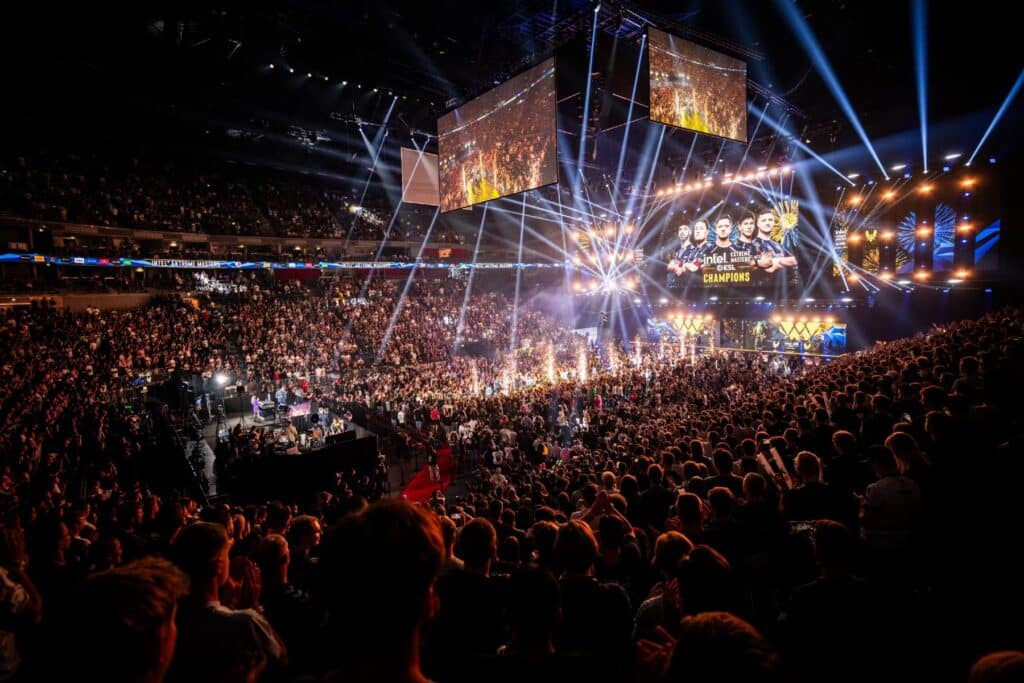
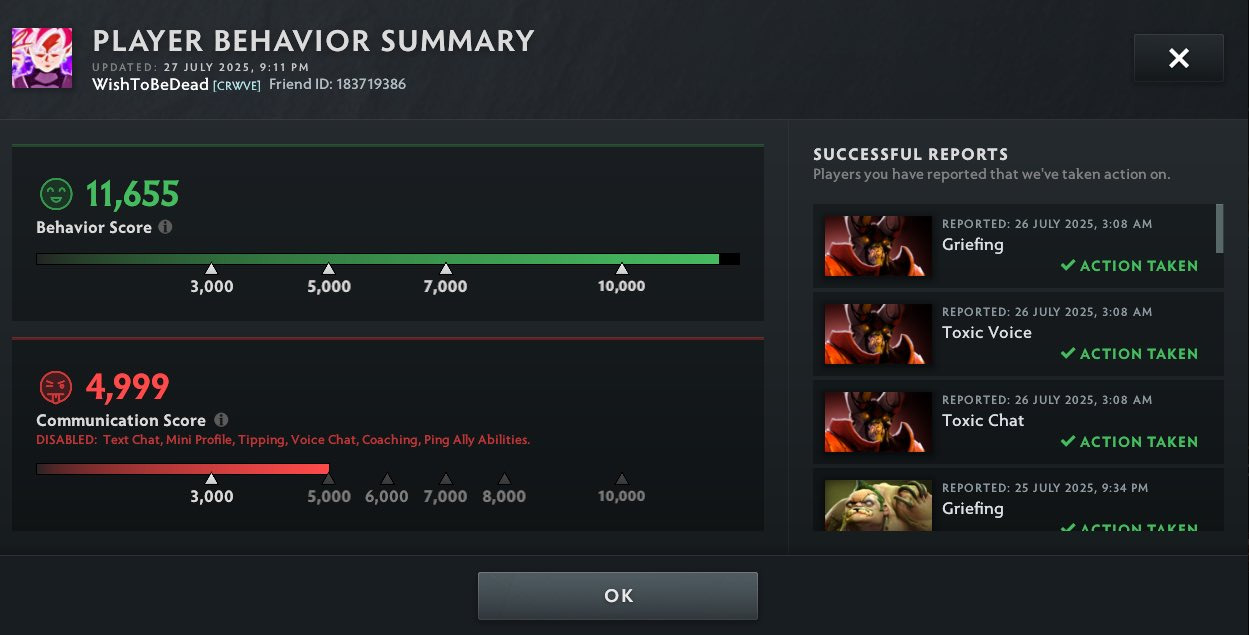
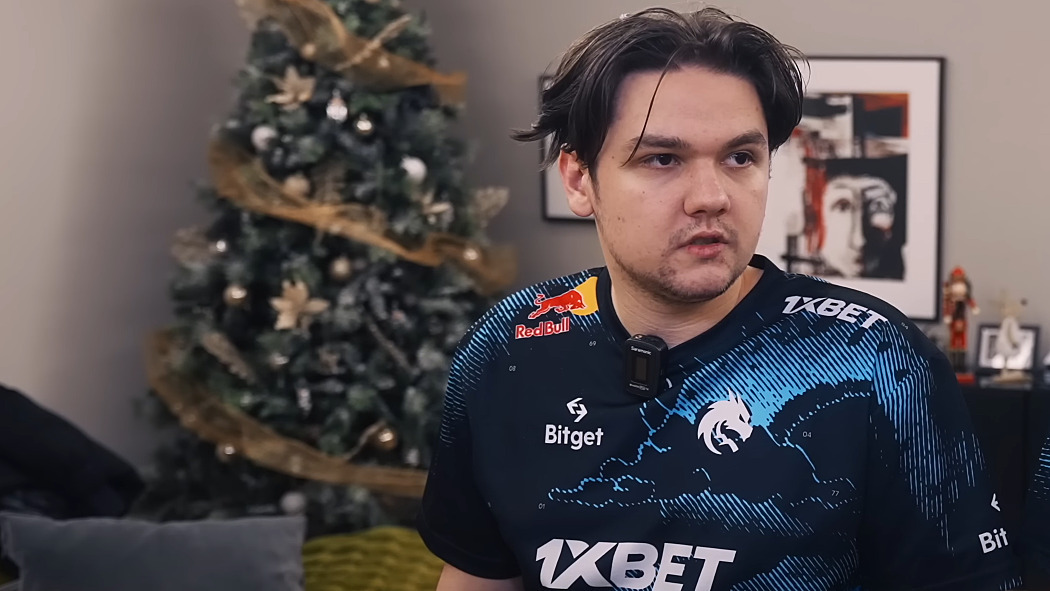
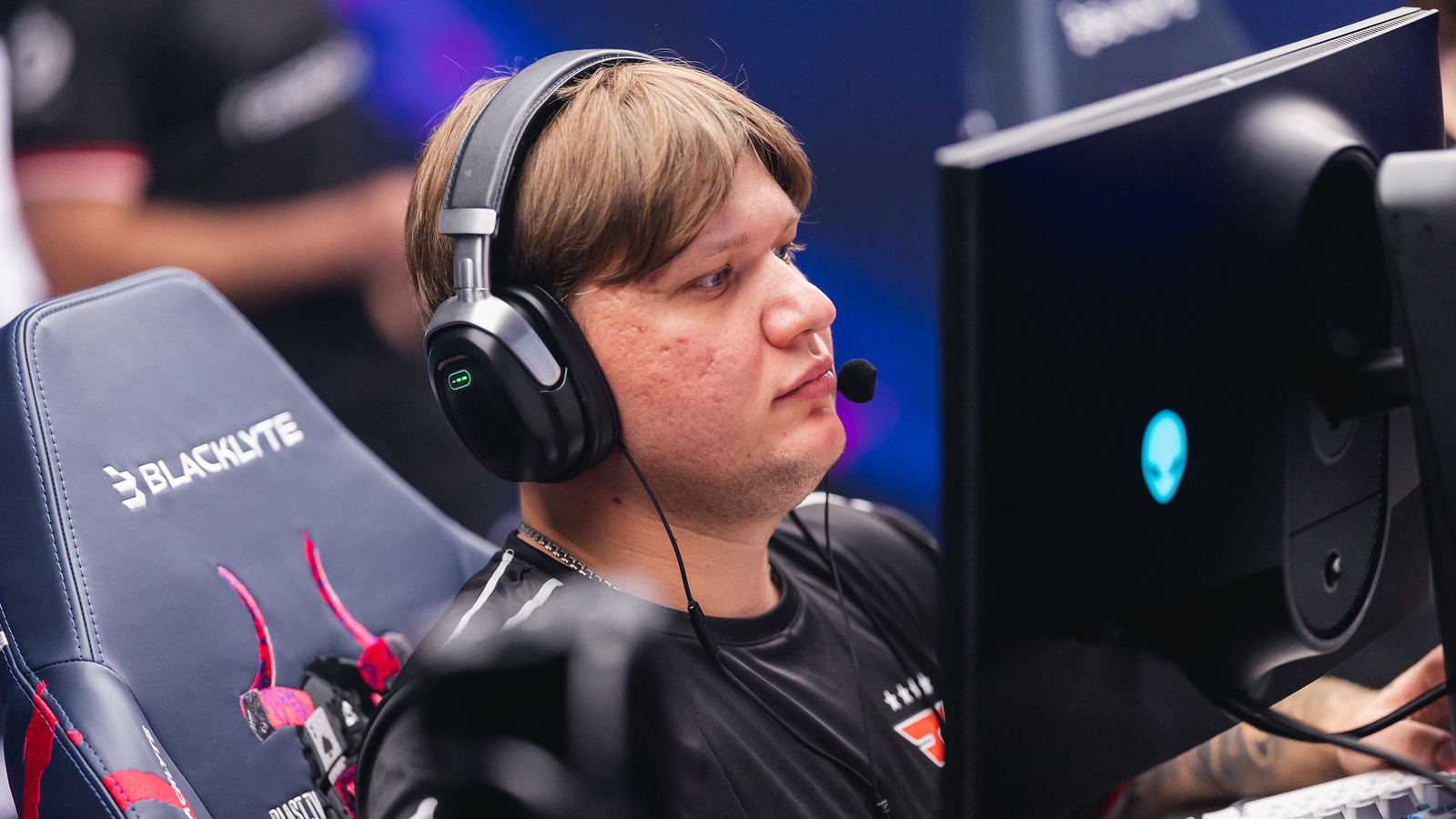




Leave a Reply